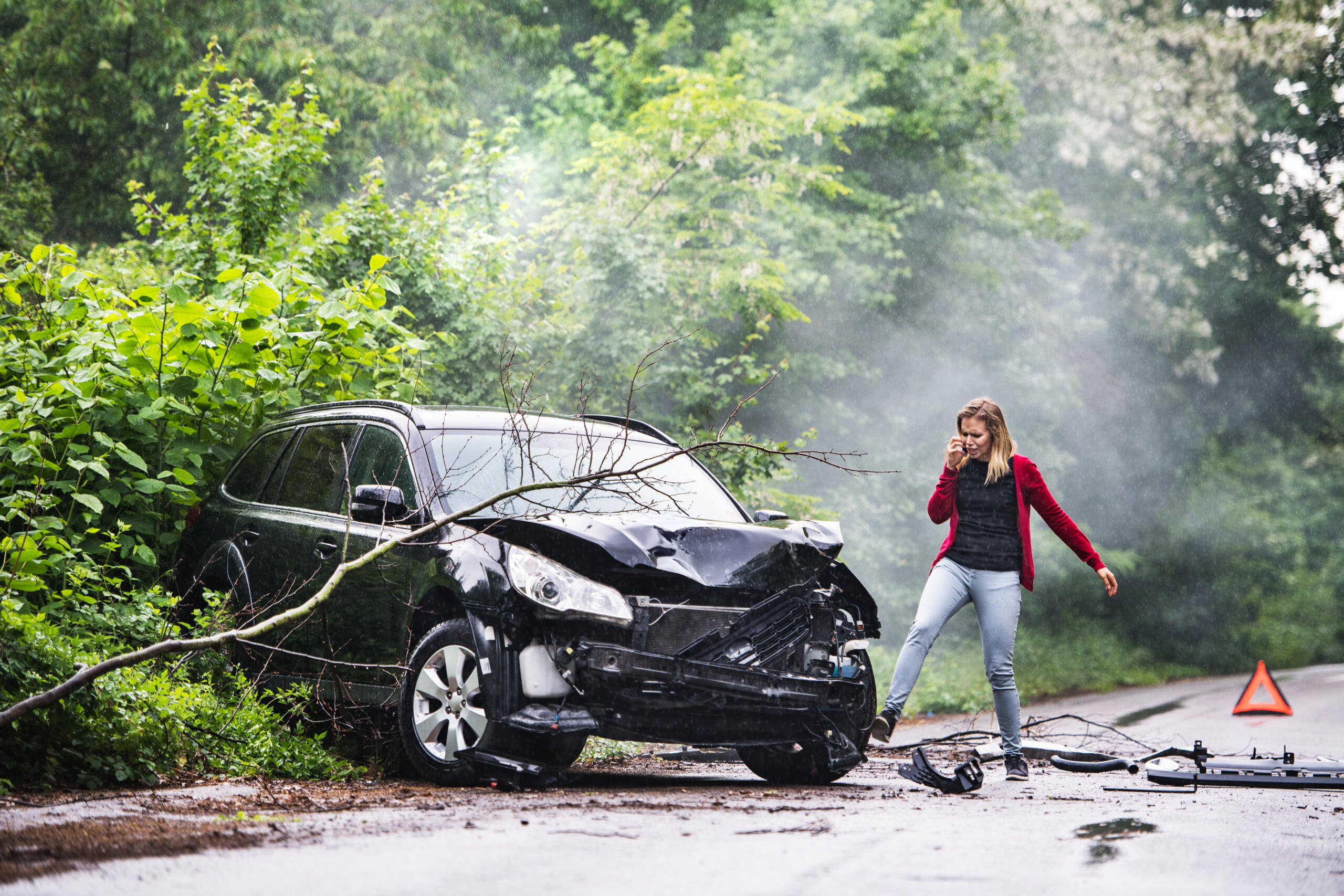In today’s fast-paced world, car accidents are an unfortunate reality. With the rise of technology, dashcams have become an essential tool for drivers. These devices capture real-time video footage of the road while you’re driving. But what role do they play when it comes to car accident cases? This article delves into the importance of dashcam footage and how it can be a game-changer in legal proceedings.
Understanding Dashcams
What is a Dashcam?
A dashcam, short for dashboard camera, is a small camera mounted on the vehicle’s dashboard or windshield. It continuously records the view through a vehicle’s front windscreen and sometimes rear or other windows. The primary purpose of a dashcam is to record every detail that takes place on the road, providing a first-hand account of any incidents or accidents.
Types of Dashcams
Dashcams come in various forms and capabilities. Some only record the front view, while others are dual-channel cameras that record both the front and rear views. Advanced models might offer features like GPS tracking, night vision, and even parking surveillance.
The Importance of Dashcam Footage in Car Accidents
Dashcam Evidence: The Unbiased Witness
In the event of an accident, dashcam footage serves as an unbiased witness. Unlike human witnesses, a dashcam captures the event in its entirety, without any emotional or subjective bias. This can be invaluable in determining the sequence of events leading to a crash and establishing fault.
Supporting Your Insurance Claim
When filing an insurance claim after an accident, having dashcam footage can significantly bolster your case. Insurance companies often rely on evidence to decide on claims, and a clear video of the incident can expedite the process. It can help prove that you were not at fault, potentially preventing increased premiums.
Protection Against Fraud
Unfortunately, insurance fraud is a common issue. Some individuals stage accidents intentionally to claim insurance money. Dashcam footage can protect you from such fraudulent claims by providing clear evidence of what truly happened.
Legal Implications of Dashcam Footage
Admissibility in Court
The admissibility of dashcam footage in court varies by jurisdiction, but generally, it is considered a reliable form of evidence. The key is ensuring that the footage is clear, has not been tampered with, and is relevant to the case. Always check local laws to understand how dashcam footage can be used in legal proceedings in your area.
Privacy Concerns
While dashcams are beneficial, they also raise privacy concerns. Recording individuals without their consent might lead to legal issues, especially in regions with strict privacy laws. Therefore, it’s crucial to be aware of and comply with local regulations regarding recording in public spaces.
How to Use Dashcam Footage Effectively
Proper Installation and Maintenance
For dashcam footage to be useful, the camera must be properly installed and maintained. Ensure it’s positioned to capture a clear view of the road and regularly check the footage quality. Also, ensure the camera is functioning correctly and that data is being stored properly.
Saving and Securing Footage
In the event of an accident, save the relevant footage immediately to prevent it from being overwritten. Many dashcams have features that lock files when a crash is detected. Additionally, back up the footage to a secure location, such as cloud storage, to ensure it’s accessible when needed.
Sharing with Relevant Parties
Share the dashcam footage with your insurance company, legal counsel, or law enforcement as necessary. Providing clear and concise evidence can aid in resolving disputes and speeding up legal or insurance processes.
Real-Life Scenarios
Case Study: Proving Innocence
Consider a case where a driver was accused of running a red light, resulting in a collision. The dashcam footage clearly showed the traffic light was green when the driver entered the intersection, exonerating them from blame and leading to a fair resolution.
Case Study: Identifying Hit-and-Run Offenders
In another scenario, a parked car was hit by a driver who fled the scene. Fortunately, the vehicle owner had installed a dashcam with parking mode. The footage captured the license plate of the offending vehicle, allowing authorities to track down the responsible party and hold them accountable.
Conclusion
Dashcam footage is an invaluable asset in car accident cases. It provides clear, unbiased evidence that can protect drivers from false claims, support insurance processes, and even aid in legal disputes. As technology continues to advance, the role of dashcams in ensuring road safety and justice will only grow.
Incorporating a dashcam into your vehicle might seem like a simple step, but its impact can be profound. Whether you’re a cautious driver looking to protect yourself or someone who frequently deals with traffic incidents, a dashcam is a wise investment. Remember to stay informed about local laws and privacy regulations to make the most out of this technology.
By understanding and utilizing dashcam footage effectively, you can navigate the complexities of car accident cases with confidence.
Contact 612-Injured: Minnesota’s Personal Injury Attorneys
If you’ve been involved in a car accident and have dashcam footage that could support your case, don’t hesitate to reach out to 612-Injured. Our experienced personal injury attorneys are here to help you navigate the legal complexities and ensure you receive the compensation you deserve. Contact us today for a free consultation and let us fight for your rights!



